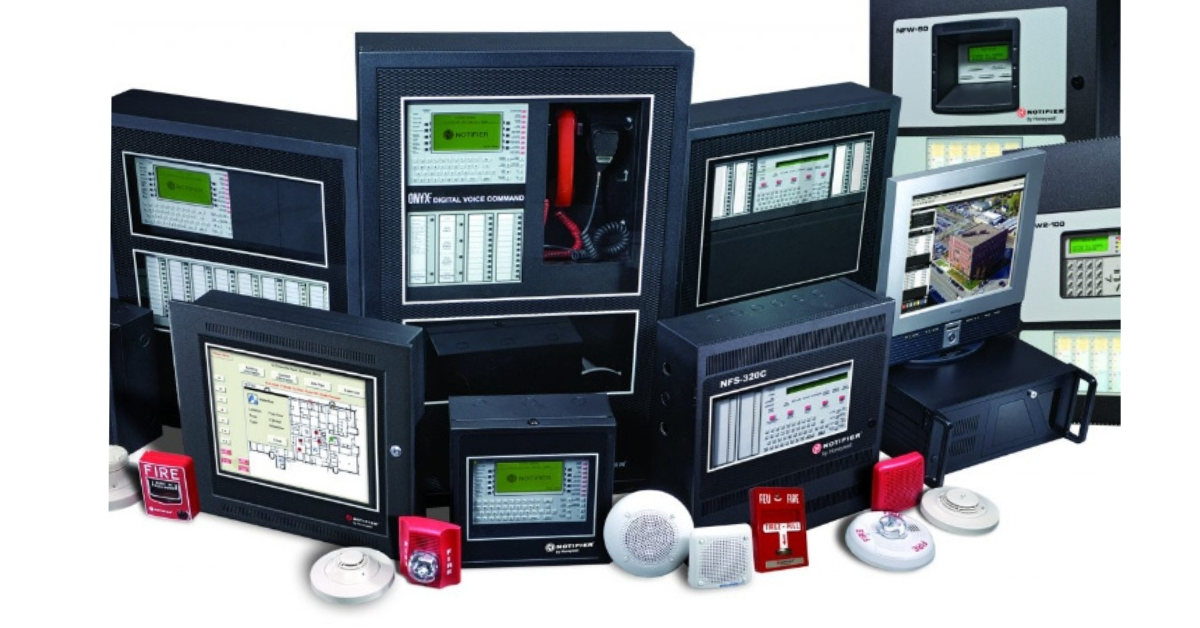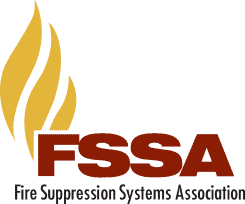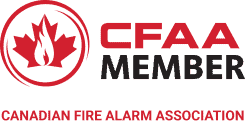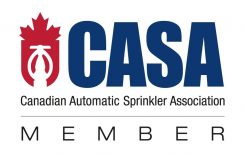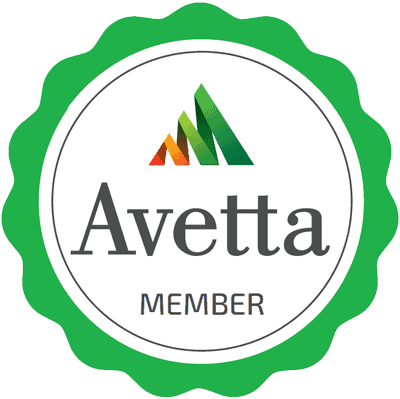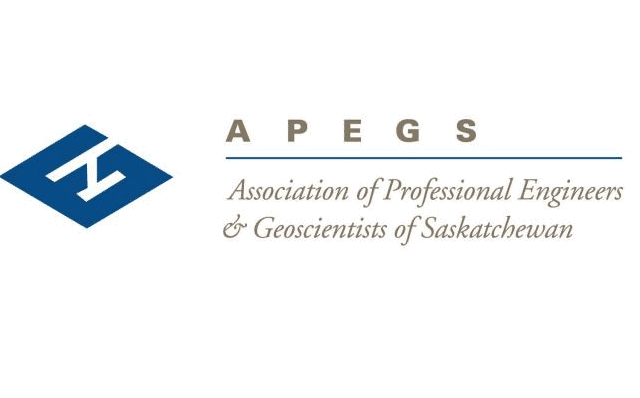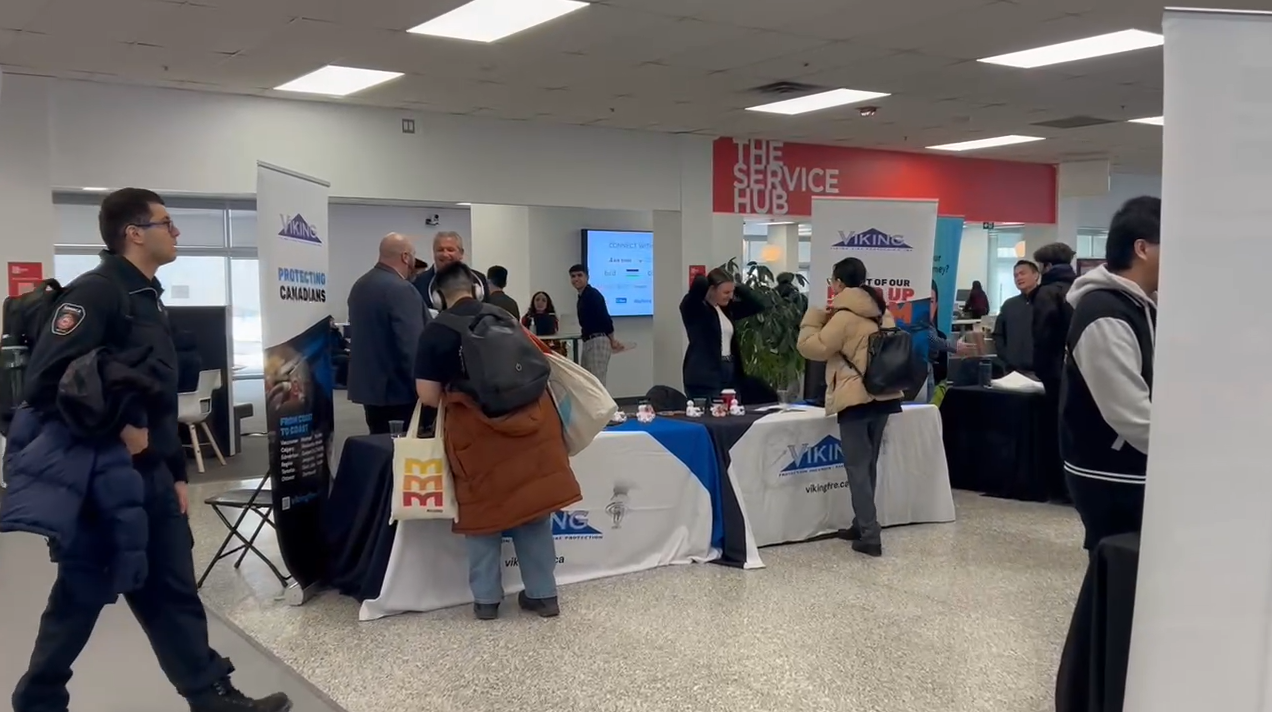
Best Practices & Standards
Fire Equipment Required Inspection: Your Key to Safety and Compliance
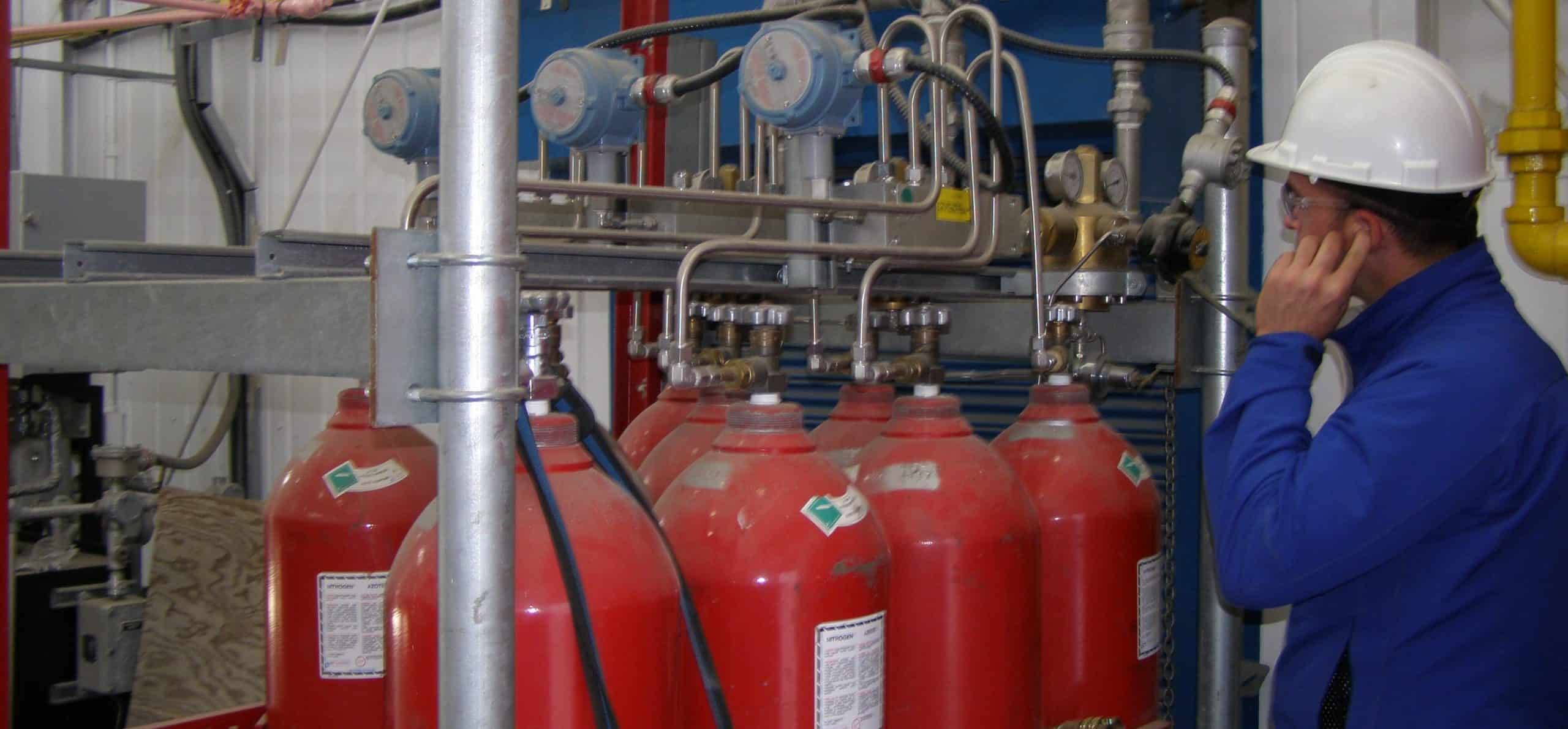
As responsible building owners and facility managers, ensuring the safety of occupants and protecting valuable assets is of utmost importance. A critical aspect of maintaining a safe environment is properly inspecting and maintaining fire equipment.
From fire extinguishers and emergency lighting to fire sprinklers and alarms, each component plays a vital role in safeguarding lives and properties. In this blog, we’ll delve into the importance of inspecting and maintaining various fire equipment types and provide valuable insights on how to achieve compliance.
When Should I Inspect My Fire Equipment?
Fire Extinguishers
Inspection Frequency: Monthly- annual- year (3,5,6,10,12,20,50) Maintenance
Fire extinguishers are your first line of defense during a fire emergency, making regular inspections and maintenance are essential to ensure that fire extinguishers are in proper working condition to effectively combat fires.
By following periodical maintenance procedures, including checking pressure levels, verifying extinguishing agent effectiveness, and assessing the integrity of seals and labeling, you can have full confidence that your fire extinguishers will be ready for action when you need them most. Remember, a well-maintained fire extinguisher can make a critical difference in containing a small incident before it escalates.
Emergency Lighting:
Inspection Frequency: Monthly- Annual- Maintenance
During an emergency situation, reliable and functional emergency lighting can make all the difference in guiding occupants to safety.
Regular inspections and maintenance are necessary to ensure that emergency lighting units are in optimal working condition. This includes checking for proper illumination, testing battery backup systems, and verifying the integrity of wiring and connections. By prioritizing professional maintenance procedures for emergency lighting, you can ensure that your building is equipped with reliable illumination during critical moments, allowing occupants to navigate safely and efficiently.
Fire Sprinklers
Inspection Frequency: Weekly, Monthly, Quarterly, Semi-annual, Annual, Year (3,5,6,10,12,20,50) Maintenance
Fire sprinklers have become increasingly important in modern fire protection systems due to their ability to provide reliable and effective fire suppression. These crucial components are designed to detect and control fires at their early stages, preventing them from spreading and causing extensive damage.
Our professional fire sprinkler maintenance services include regular inspections, testing the functionality of each sprinkler head, checking for corrosion or damage, and verifying proper water flow and pressure. By adhering to comprehensive maintenance procedures, you can trust that your fire sprinklers can rapidly release water or other extinguishing agents to suppress flames, significantly reducing the risk of injuries, property loss, and even loss of life.
Fire Pump
Inspection Frequency: Weekly – Monthly- Annual- Maintenance
Fire pumps play a critical role in sustaining water supply for fire suppression systems. Regular maintenance and inspections are necessary to ensure their optimal performance. Our skilled technicians conduct thorough inspections, checking for proper functioning, leaks, or damage, and testing water flow and pressure.
By prioritizing professional fire pump maintenance, you can ensure that your fire suppression systems have a reliable water source during emergencies, enhancing the effectiveness of fire suppression efforts.
Fire Alarm
Inspection Frequency: Monthly- Annual- Maintenance
Fire alarms are essential for early detection and rapid response to fire incidents, these devices alert occupants promptly, enabling swift action and evacuation.
Our expert technicians conduct comprehensive inspections, testing the functionality of smoke detectors, ensuring proper wiring and connections, and verifying the performance of alarm sounders and notification devices. By investing in professional fire alarm maintenance, you can have peace of mind knowing that your fire alarm system will promptly alert occupants in case of a fire emergency, enabling swift and decisive action to mitigate potential risks.
Kitchen and Gas Suppression
Inspection Frequency: Monthly, Semi-annual, Annual, Year (3,5,6,10,12,20,50) Maintenance
In environments with specific fire hazards, such as commercial kitchens or areas with volatile substances, kitchen and gas suppression systems are vital for fire safety. Proper maintenance and inspections are necessary to ensure their effectiveness.
Our skilled technicians possess extensive knowledge of these specialized systems. We conduct thorough inspections, testing all components, verifying proper agent distribution, and ensuring the optimal working condition of control panels and release mechanisms. By entrusting professional maintenance and inspection services to Viking, you can enhance the effectiveness of your kitchen and gas suppression systems, minimizing potential fire hazards.
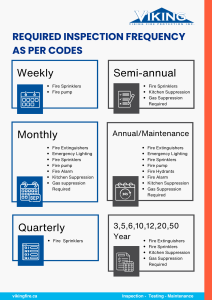 It’s important to note that while there may be some variations and particularities depending on manufacturers and specific equipment, there are general guidelines and required inspection frequencies set by fire protection codes.
It’s important to note that while there may be some variations and particularities depending on manufacturers and specific equipment, there are general guidelines and required inspection frequencies set by fire protection codes.
Don’t leave the safety of your occupants and properties to chance, prioritize professional maintenance and inspection services by partnering with Viking. Contact us today to ensure that your fire equipment remains in top condition, providing you with peace of mind and the highest level of fire protection.






